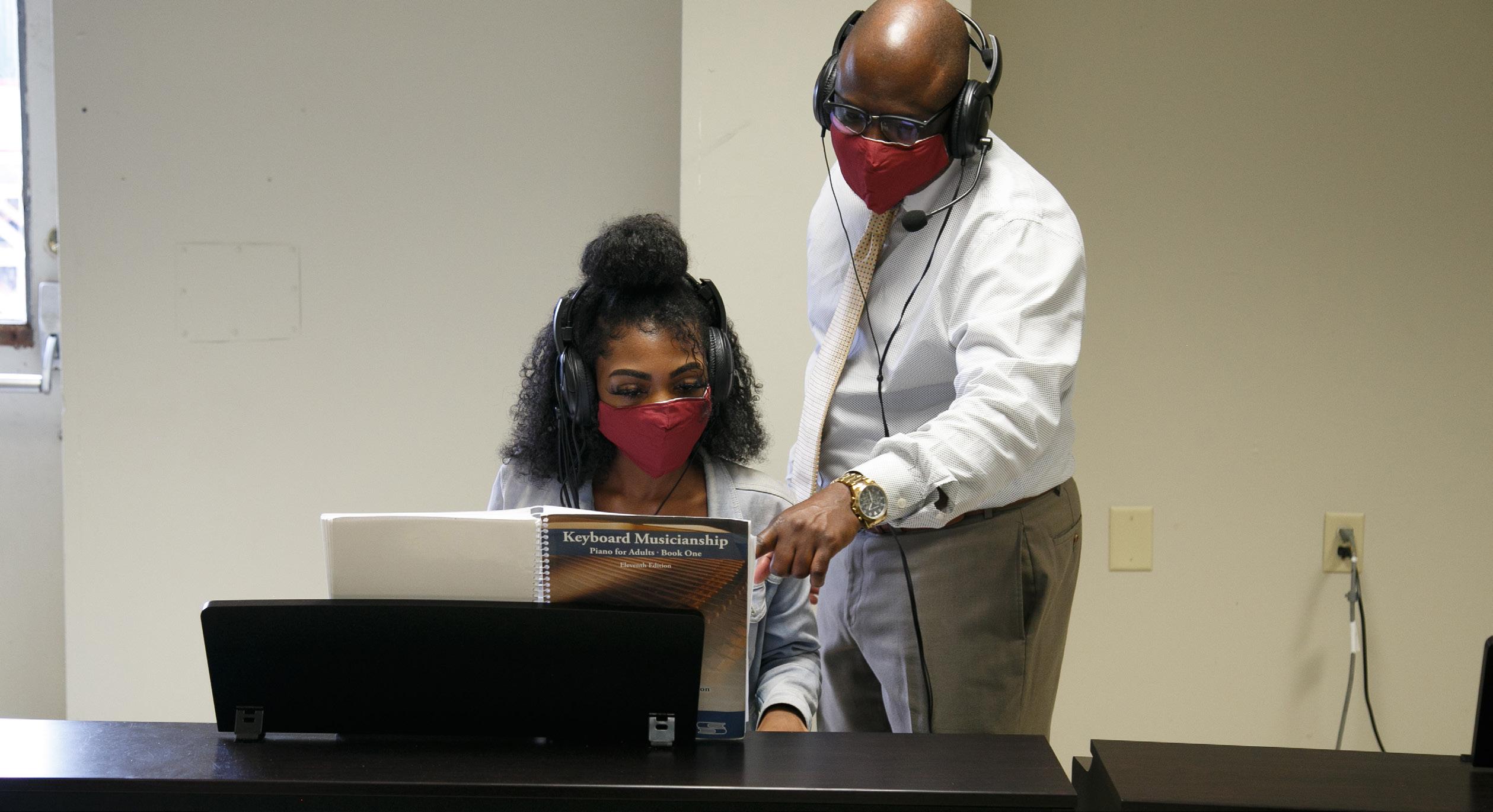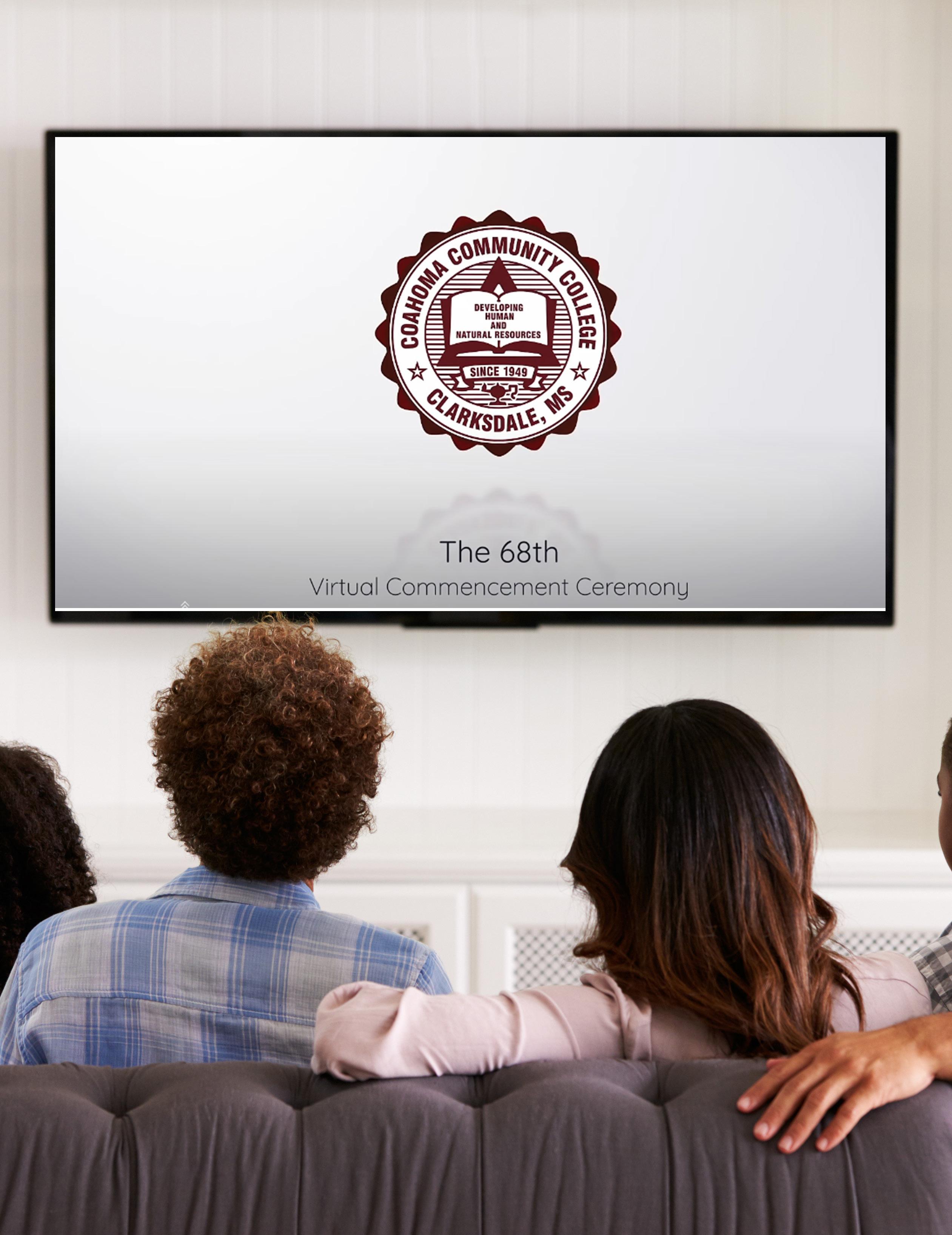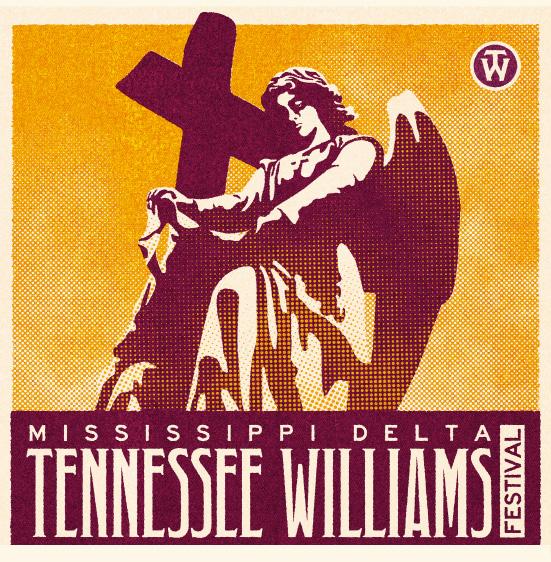
5 minute read
Behind the Mask
Interviews with Coahoma Respiratory Care Program graduates working in the field during the COVID-19 pandemic.
Why do you think respiratory care professionals are so needed at this time?
COVID-19 is more so a respiratory disease. It affects the respiratory system, so it’s more so dealing with our scope of practice, so my industry is vital now because people are having to be treated with much-needed resources—ventilators, nasal high flow therapy, BiPAPs. So, growth in this profession is necessary at this point.
What have some of your experiences been dealing with COVID-19 in the field?
I’ve experienced a lot. Some people didn’t do too well with the virus; some have recovered. It could go both ways. It could be overwhelming sometimes dealing with the patient and seeing them fight their health issues. COVID-19 deaths have bothered me a little because those who passed from COVID-19 who were not able to have their loved ones by their side while on their death bed, they had to die alone. At this point, patients are not allowed to have visitors due to the coronavirus. Some of them are afraid, and they are confiding in us and giving us their last words to their relatives.
CHRIS BANKS ‘07 REGISTERED RESPIRATORY THERAPIST
NIKKI STRIPLIN ‘12 REGISTERED RESPIRATORY THERAPIST How has the Respiratory Care Program prepared you for the age of COVID-19?
The program gave me the in-depth education on the respiratory system, as well as all of the other systems that COVID-19 affects, that opened my eyes to the seriousness of COVID-19 when it first came out. I quickly realized the different ways it could be spread and who would more likely be at risk.
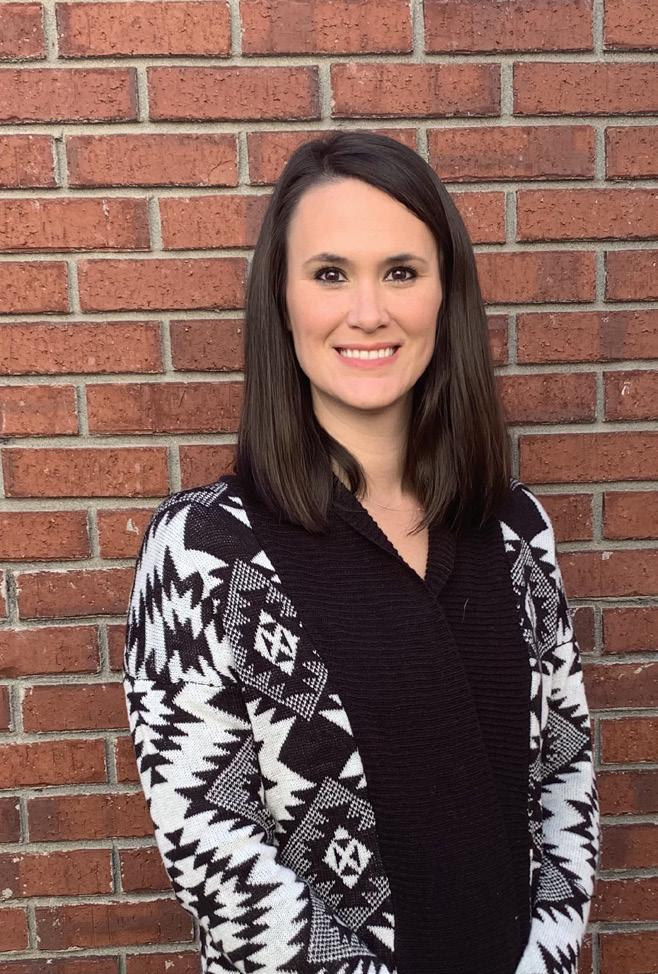
Do these times present fears for you?
I am surrounded by a health care team that positively focuses on taking care of patients and public safety. The respiratory therapists who I have become friends with over the years are fighting this virus head on with full confidence in their work. The RTs on the front line give me hope during these times, and not fear. We all have the same fundamental thinking: take care of the patients and help keep the community safe. I have faith in our health care workers.
What have some of your experiences been dealing with COVID-19 in the field?
I have seen firsthand some of the patients who come home from the hospital with COVID-19 and their needs that include home oxygen, ventilators, BiPAPs, and CPAPs. I have had to give education on patients who were once completely healthy who now have to deal with a body that has been ravaged by this virus and may not ever recover.
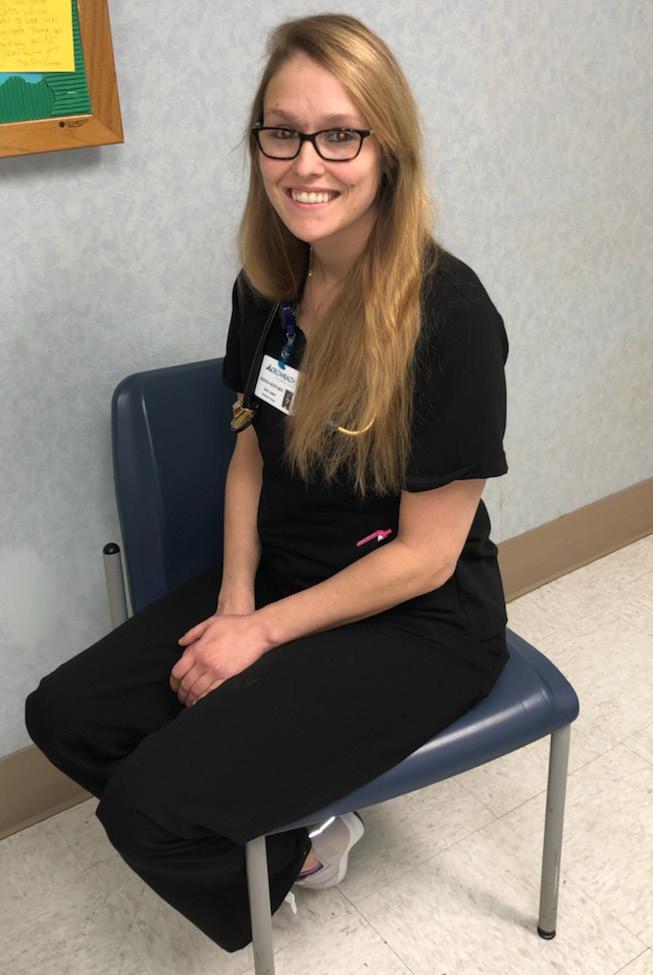
ANDREA MORTIMER ‘15 REGISTERED RESPIRATORY THERAPIST How has the Respiratory Care Program prepared you for the age of COVID-19?
COVID-19 hit us all by surprise and honestly no one expected to ever have to deal with a pandemic like this. Health care has changed drastically, and it changed at a rapid pace. However, with the training and education I received through this Respiratory Care Program and the 5-6 years of acute, critical, and emergency care experience I have obtained working in a rural hospital, I have been able to adapt and keep up to speed with the daily challenges that have come alongside this novel coronavirus.
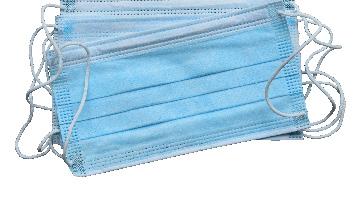
Why do you think respiratory care professionals are so needed at this time?
Respiratory therapy is a profession that has been hidden behind the scenes for many years. I was reading an article the other day and one question was, “What superhero represents an RT in the workplace this day in time?” The RT answered, “We are the Batman of health care. We get the signal, show up with our gadgets, save the day, and then disappear.” This simple response was spot on in my opinion. Our patients may never even know our name because they are sedated the entire time we are taking care of them. We have gone unnoticed for years monitoring, managing, and controlling ventilators, which others know as “life support.” Respiratory therapists are in the “eye of the storm” with these COVID-19 patients. Every task we take on places us in immense danger and at the highest exposure. We are the ones responsible for these patients and their respiratory status. These patents may decline rapidly. We must be on our toes and ready to respond at any given moment. Doctors, nurses, rapid response teams, code teams, ER staff, and more ... all depend on us and our specialized focus to help keep these patients stable and make changes to the plan of care, if needed, at a rapid pace.
What have some of your experiences been dealing with COVID-19 in the field?
Being that I have been working as a data analyst during the pandemic, I have used my expertise to jump right in to take on COVID-19 assignments that provide administrative data to ensure that our hospital is putting our patients first, providing a safe place for associates, and making sure that we are ahead of the curve by providing predictive data. I have been following COVID-19 trends in the North MS and Tennessee area since the pandemic started. It has been an amazing experience that I would not have been equipped for had I not been trained in respiratory.
Do these times present fears for you?
Yes and no—as a health care provider, I am at risk when dealing with any patient at any time. Many times, we do not know what patients may or may not have until days later after test results come back. So, we are trained first and foremost to use universal precautions to protect ourselves from the unknown. As a civilian and more importantly a parent, I do have a certain amount of fear as there are so many things that are unknown about COVID-19. We have not narrowed down its characteristics as of yet to be able to enact better preventative measures, vaccines, and treatment plans that are proven to work.
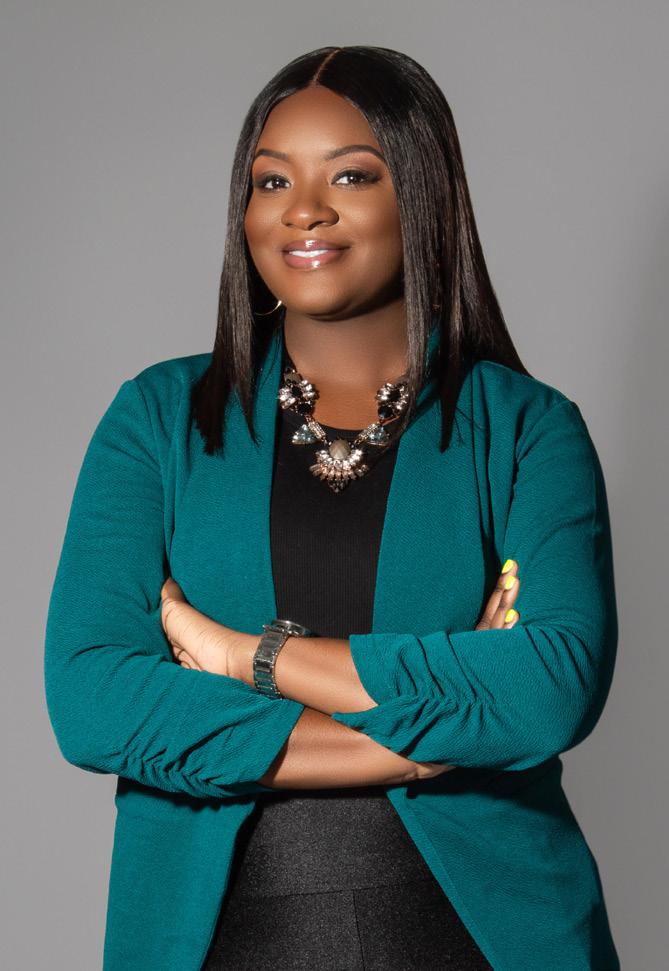

Engage with other Tiger alums through CCC Tiger Connect, Coahoma’s NEW online alumni social platform. For more information, visit www.ccctigerconnect.com



